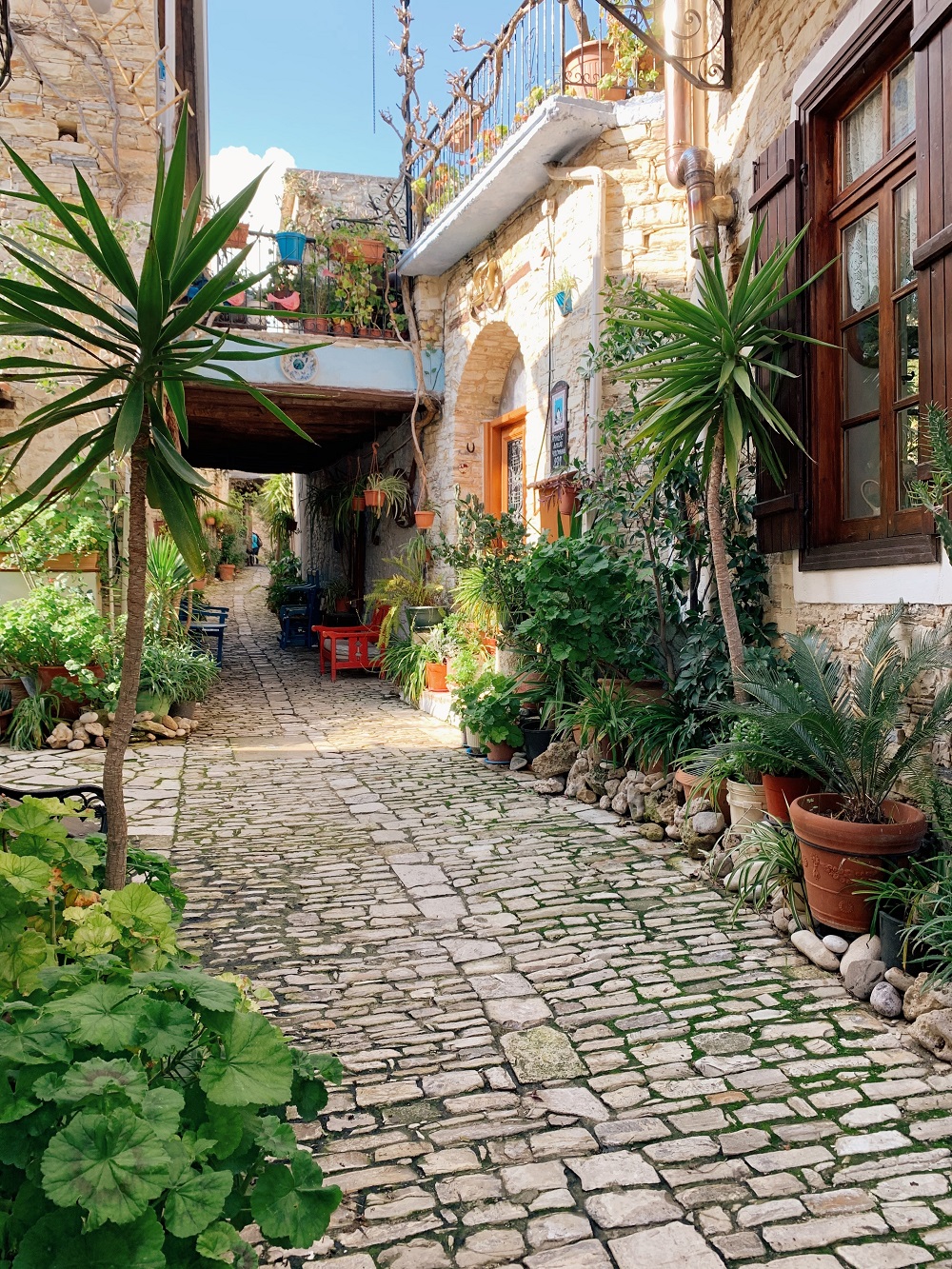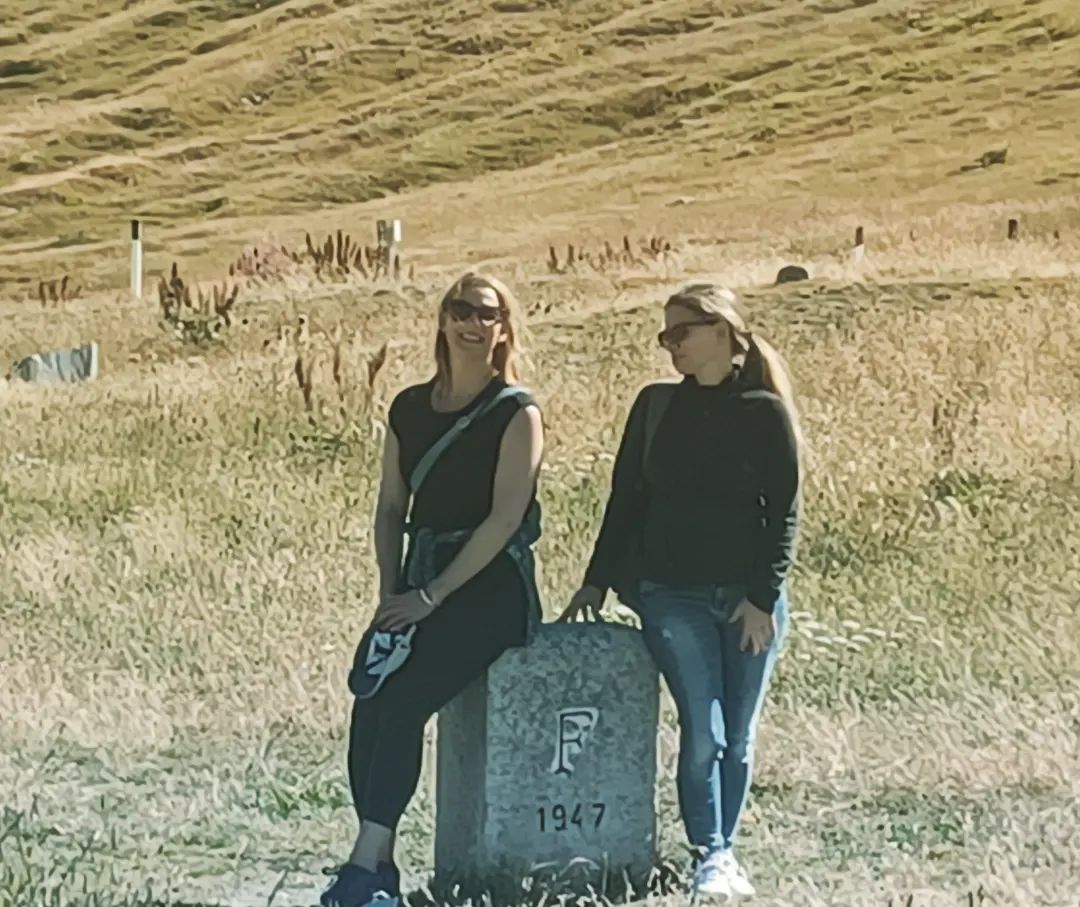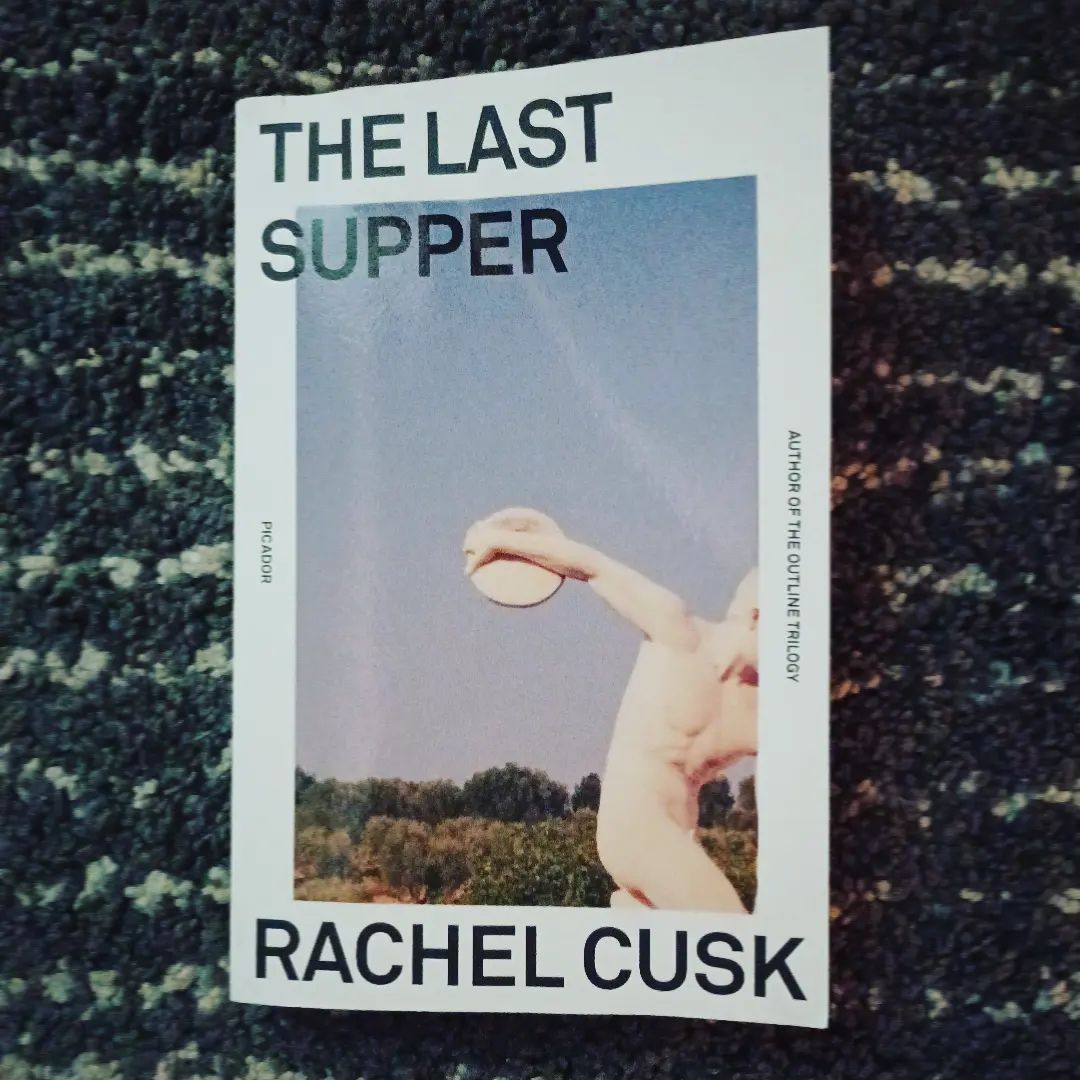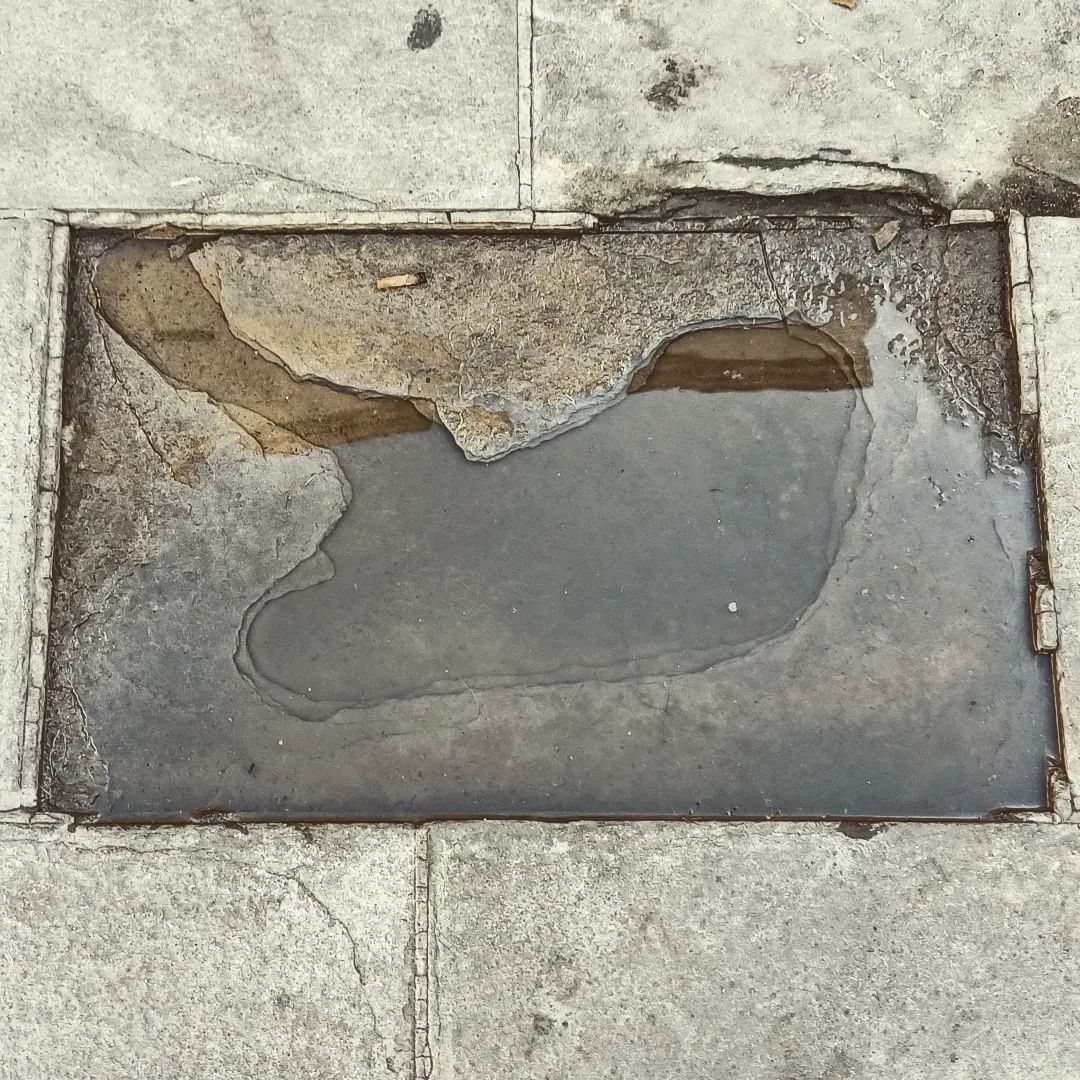In which I resume the Shakespeare Project 2022 after a significant unplanned hiatus.
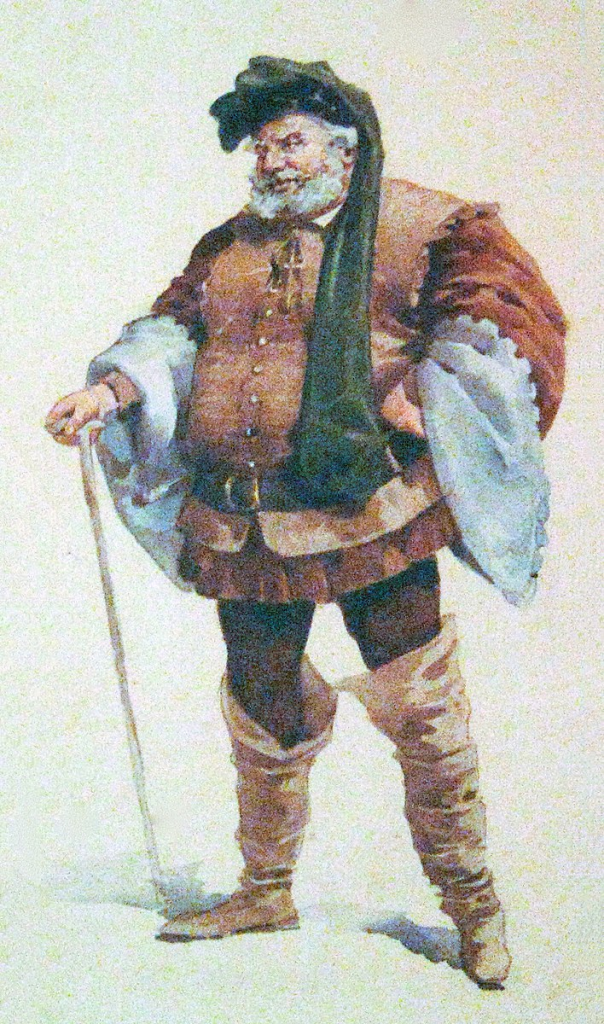
Last year about this time I devised the Shakespeare project for myself and my own edification, with an ambitious plan to read and watch every single play by the Bard, with the exception of apocrypha. It went very well for the first half of the year, my little plan did, but unsurprisingly faltered to a halt with the summer break, traveling back to the US, getting the kids back in school this fall after seemingly interminable holidays – Victor started middle school this fall term which added more challenges to the adjustment, it’s now all going very well – followed by a daisy chain of family illness. Shakespeare schmakespeare! We had enough home-grown plot twists of our own. Yes, where’s a reader/writer mother to find the time to devote to such a project? Because a project like this does not do itself. I pressed pause and it needled at me. I said I’d come back to it. I didn’t know how far into the future that might happen, but I put a pin on it, as they say.
And I did, this weekend, abed with my own feeble hurrah of cough and flu. I found the production I’d been watching last May – a wonderful RSC staging of The Merry Wives of Windsor from their Live from Stratford-upon-Avon series. It did not disappoint! In fact it was magnificent and just what the doctor ordered. Faith, edgy, and modern all at once, with a nod to small-town two-stepping and the minor squabbles of a comfortable bourgeoisie. You know why those Windsor wives are so merry? Because they have no real problems. There is no dinner-party massacre (Titus Andronicus), no murders (I mean, pick one), no deaths by suicide (Romeo and Juliet), no poisonings (ibid.), no antisemitism (The Merchant of Venice) or racism (Othello), no gruesome battles or regicides (the Henriad). No muttering widows, bereft with loosened hair. No, The Merry Wives of Windsor offers the lightest of light entertainment with tropes direct from the Shakespearean toolkit: suspected infidelity, cross-dressing, dressing up, a farcical French doctor, a beautiful young maiden thrice betrothed, a foolish/wise priest. The schemings of the wives themselves – Mrs. Ford and Mrs. Page – are of the good-natured, cackling country club variety (one scene has Mrs. Page contriving in a bathrobe while getting a pedicure) – to show their husbands as the fools for suspecting them.
And the crowning character of the piece? Falstaff himself, that potbellied, good-natured and recurring blunderer, erstwhile drinking buddy of an adolescent Prince Hal, whose round role in this new play was requested by none other than Queen Elizabeth herself in the last years of the sixteenth century. Now, I find it hard to suspend my belief that any woman could ever consort with Falstaff, but therein the farce. He persists, he insists, he pursues, and the inevitable drama ensues. And the Queen herself found Falstaff distractingly memorable, and hers the most important opinion at the time, so!
(I’ll confess here as well that my unfamiliarity with the Falstaff trope was one of my initial motivators for embarking on the Shakespeare project … it really wasn’t a defensible lacuna in my literary education… and I am now realizing how helpful it would have been as a youth to know who Falstaff was and whither his connotations, as it might have aided my understanding of such cavorting, dissolute characters, thus better equipping me to manage those acquaintances.)
Memorable lines:
I can see what thou might’est be. – Falstaff to Lady Ford
No man means evil but the Devil, and we shall know him by his hooves. – Mr. Page to Slender
Love makes a beast a man, and a man a beast. Falstaff, of course.
You would have married most shamefully, with no proportion found in love.
In love the heavens themselves degrade the state. Mr. Ford
So broad is the historic appeal of The Merry Wives of Windsor that it has been adapted for the opera a dozen times, most successfully by Verdi, who titled it, simply, Falstaff. I suspect that audiences have returned to The Merry Wives of Windsor time and again because, like a wide-release film, it does not challenge, it seeks only to amuse. This is no high art grappling with the problems of the day, and in fact scholars esteem the play for the contemporaneity found in its true-to-life depiction of a provincial English village in the waning days of the Tudor era.
Now comes the amusing bit. At some point in the past six weeks, waylaid at home with coughing kids and enough prescriptions to start my own apothecary, I stumbled upon the Absolute History series on YouTube, featuring a handful of British academics engaging in cultural anthropology cosplay while inviting experts to show them how to do common tasks like sowing and reaping, brewing, baking, knitting, spinning, sewing, shoeing, dyeing, laundering, and more, but I was reeled into its world, and have watched Absolute History: Tudor Farm and Absolute History: Stuart Farm from start to finish. (Most helpful takeaway: hyssop, a word I only know from those painted decorative vases, is considered a “hot and dry” herb in the medicinal Galenic rubric, and so was often prescribed to remedy phlegmatic ailments, with which I am once more wholly reacquainted thanks to our household health.) The former series is set in 1500; the latter in 1620, basically book-ending the world that Shakespeare knew and moved in. So engrossed did I become with these worlds – and drew in my daughter Eleanor who also came to love “that farm show” – that they spurred me back to Shakespeare. I watched the Merry Wives with different eyes than I would have had I not been watching hours of costumed anthropologists explaining these very times and locales.
So, here we go once more. I paused my Shakespeare project about halfway through; of the 40-odd plays Shakespeare wrote, I’ve watched the first 20 or so in 2022. Coming up are many of the plays I know well from school, like Hamlet and Much Ado About Nothing, and others I’ve never even cracked, including Troilus and Cressida and Coriolanus. I might grant myself license to skip around a bit more in the canon than I had been – I’d been sticking to a chronological survey, mostly to curtail any avoidance of the history plays, but I’ve gotten through many of those now and consider myself inoculated against boredom and appreciate how they manage the character arc.
Perhaps next I’ll read and watch Twelfth Night (oh Viola!) or A Winter’s Tale (oh Isak Dinesen!) in honor of the season. Thanks for reading, and wishing you and yours a restful, and for heaven’s sake, healthy holiday break, if you have one. I’m off to make some hyssop syrup.



